
Pomegranate What’s Your Story is a Creative Writing programmewhere children try their hand at storytelling and writing across different genres, such as Poetry, Fiction and Non Fiction. Over the course of this workshop, children gain exposure to a wide range of literature, discover new forms o ...f story ...writing, and realize their own writing potential under the guidance of our faculty. From ideation to accomplishment, What’s Your Story provides a unique opportunity to explore the subtle craft of creative writing with trained professionals. The genres dealt with include fables, myth, quest, science fiction, poetry apart from numerous activities designed purely to free up the child’s imagination and warm them to the act of expression through writing. The end of the academic year yields a body of work from the participants which can be compiled into a small printed anthology of writing by the children which is then released by a children’s author.
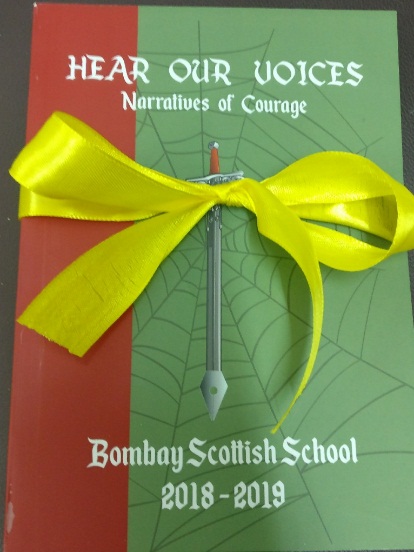
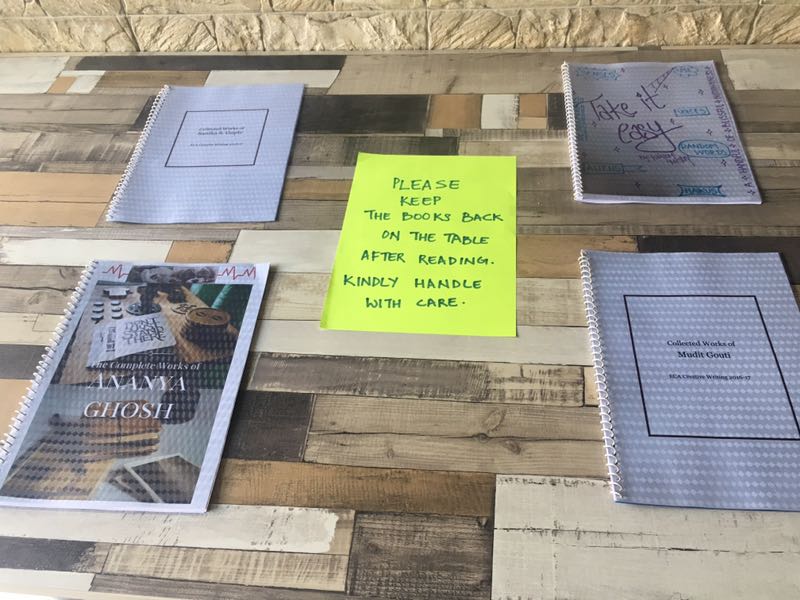
The World Cinema ProgrammeAge screens relevant cinema from across the world and draws students’ attention to cultural context, story, plot, narrative structure and historical context. World cinema ... comprising films by Majidi and Kiarostami from Iran, Miyazaki from Japan, Albert Lamorisse a ...nd Jacques Tati from France, classics like Jean Cocteau’s Beauty and The Beast, select films from the NFDC in India apart from engaging films from Africa, the UK and US comprise the varied and extremely selective films we choose for the children. The screenings are accompanied by discussions and sometimes small activities that help drive home important aspects of the film. Children gradually learn to interpret cinema in their own way. The progression of films in the course of the year is also carefully plotted to keep the children engaged even as the films get more complex as the course progresses.
The Pomegranate film making workshop focuses on treating film making as yet another form of creative expression where the technical details are explained in a way the child can understand and assimilate. Right from conceptualizing the story, writing the script, planning the shoot, shooting the film ......and completing the edit, the children go through the complete process of film making. As they work in teams the children begin to understand their own strengths, as well as the dynamics of working as a film crew. The students are introduced to a whole variety of cinema along the course of this workshop. The workshop encourages them to think in images. The end result is the creation of a film, a unique expression and experience the children will never forget. Not to forget a one-of-its kind opportunity to explore the creative potential of team work.
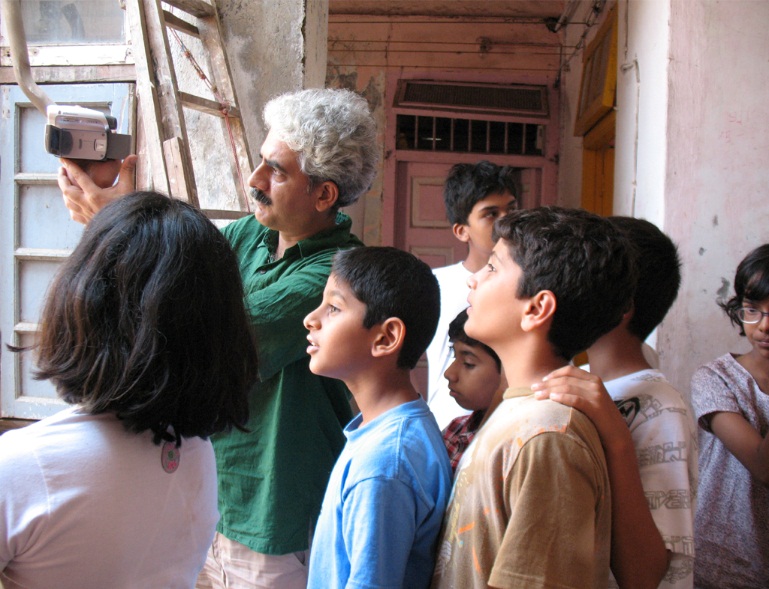
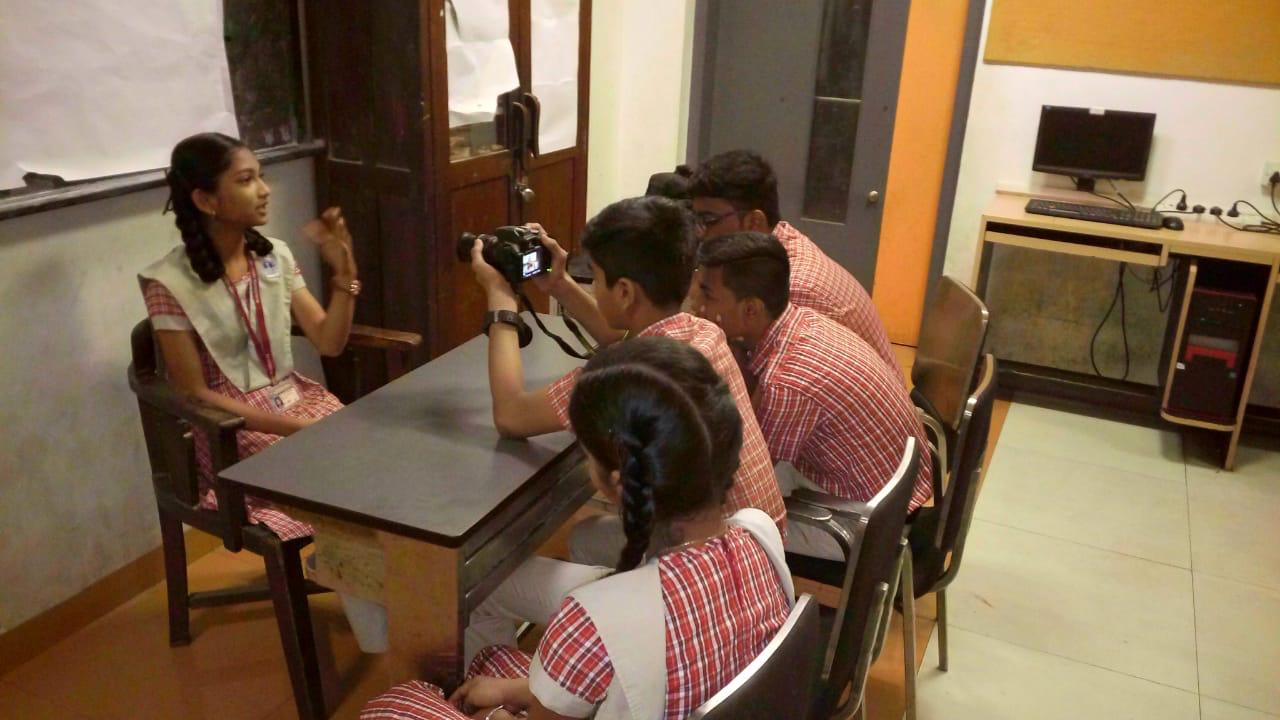
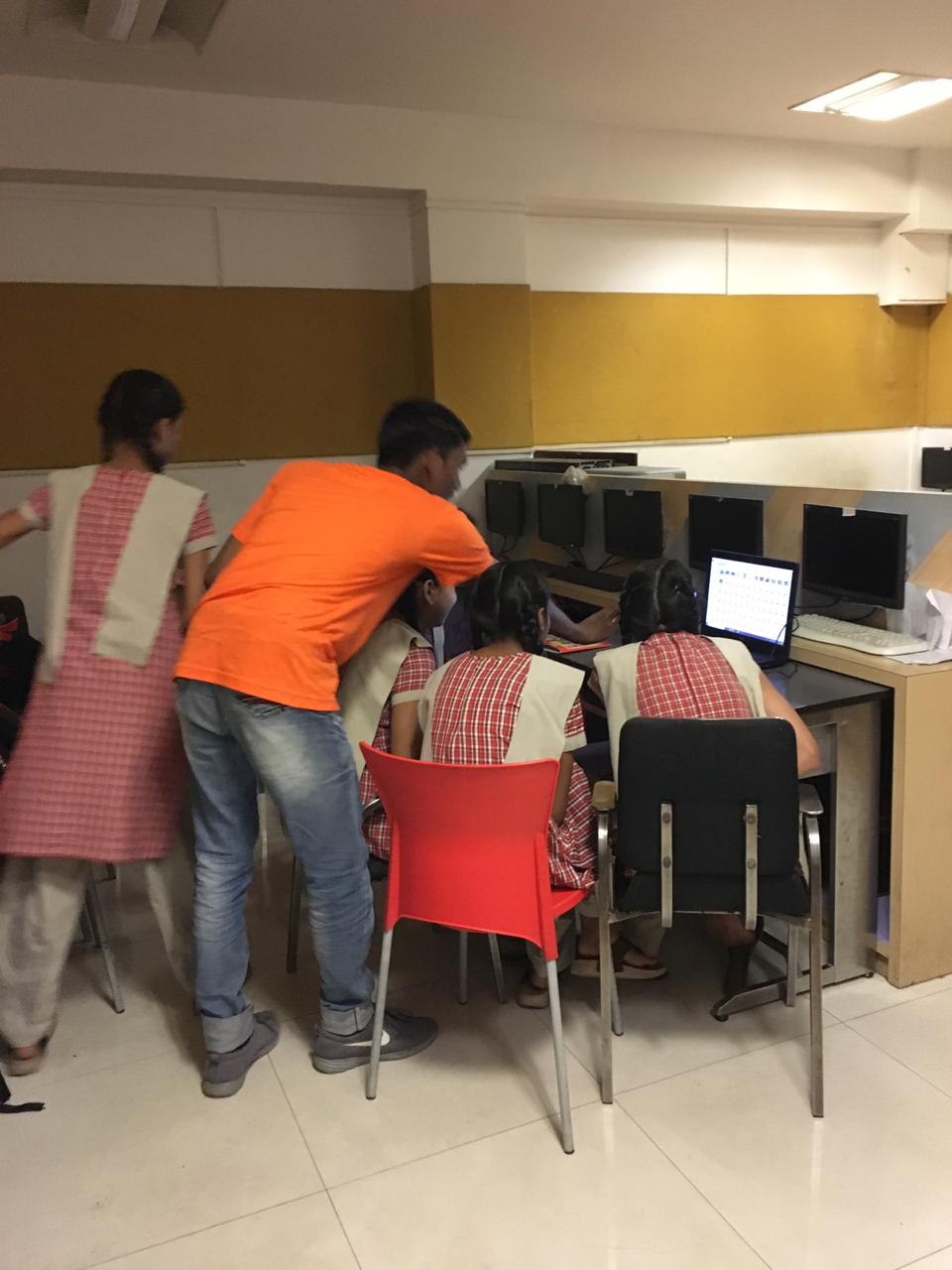
TV. If kids are entertained by two letters, imagine the fun they’ll have with twenty-six. Open your child’s imagination. Open a book. ~Author Unknown It is our belief that children today, exposed to different media vying for their attention, need a reading program that actively incul ...cates... the reading habit. In response to this need, the Pomegranate Magic Reading Room has been carefully crafted to assist children’s development as readers. This reading program is specially designed for grades 1-7. Theatre, games, visual art and self expression through writing are just some of the ways in which we draw children into the world of narrative, characters, plot, conversation, concentration and vocabulary building. Our goal is to introduce children to the joy of reading. We do this by engaging them with a host of riveting books, carefully selected for their powerful narratives and ability to deal with issues of relevance to the children. Most of the books in our selection, have received international awards for their thematic and aesthetic excellence. Our focus is purely to develop in the child a deep love of stories. However, their development as a reader does have ripple effects that do show in other areas of education
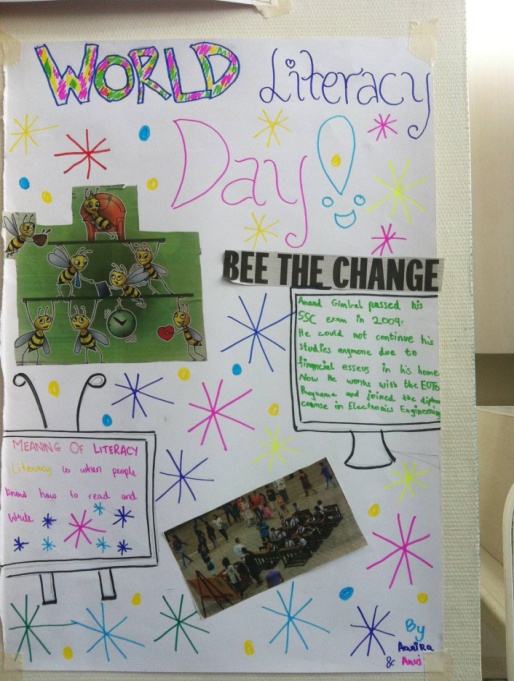
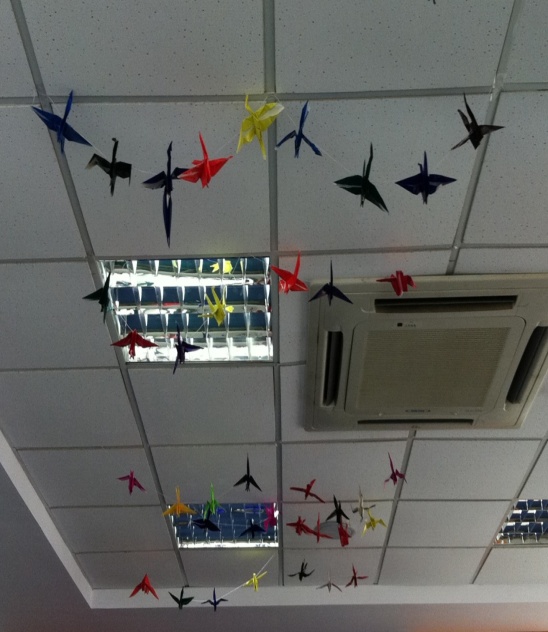
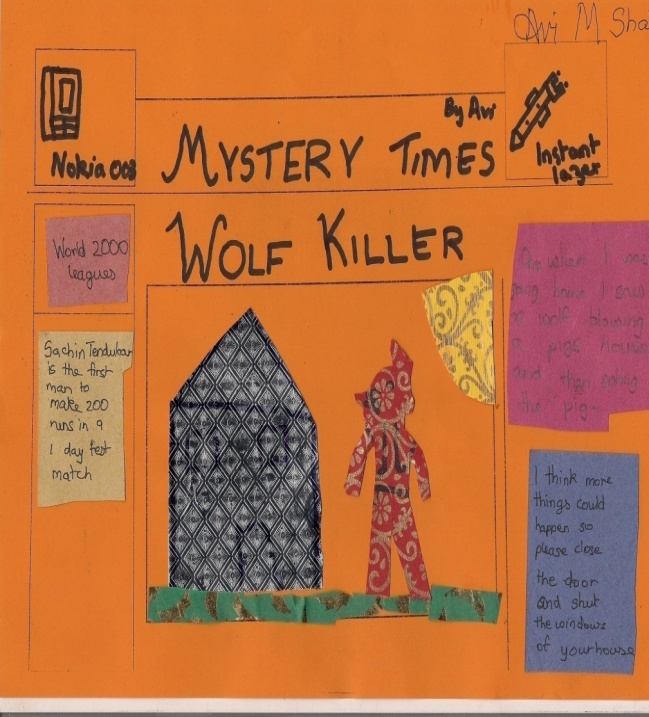
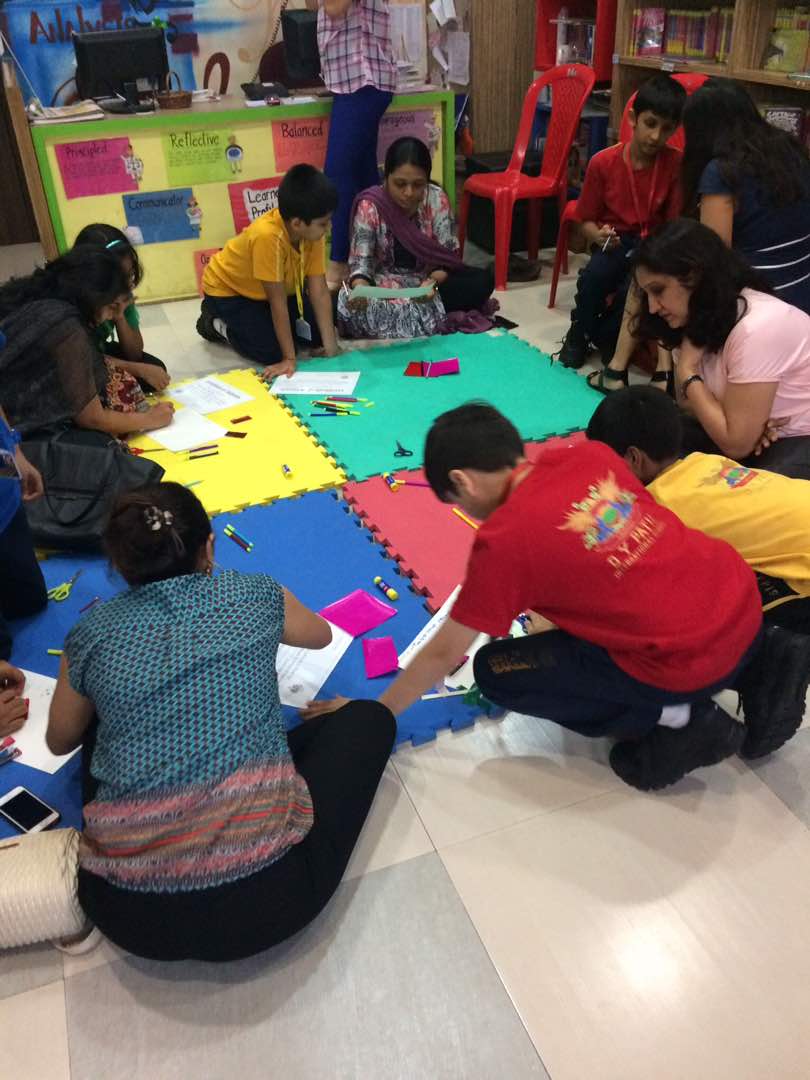
All visual art, architecture and cinema is finally a product of its time. Understanding the art maker, the society they lived in, their influences and the cultural context forms the crux of the program. Establishing the context deepens inter cultural understanding and an ability to connect the dots ...in the realm of visual, performing and language arts. The aim of the program is to enable all learners to develop an aesthetic sensibility which is active at all times. A key learning strategy to achieve this sensitization to form is exposure to the universe of art, architecture and cinema though experiential learning methods. Classroom strategies involve role play, working with materials to create visual art, group work, sharing feedback and gradually deepening the vocabulary used to describe the aesthetic experience of the form under consideration.
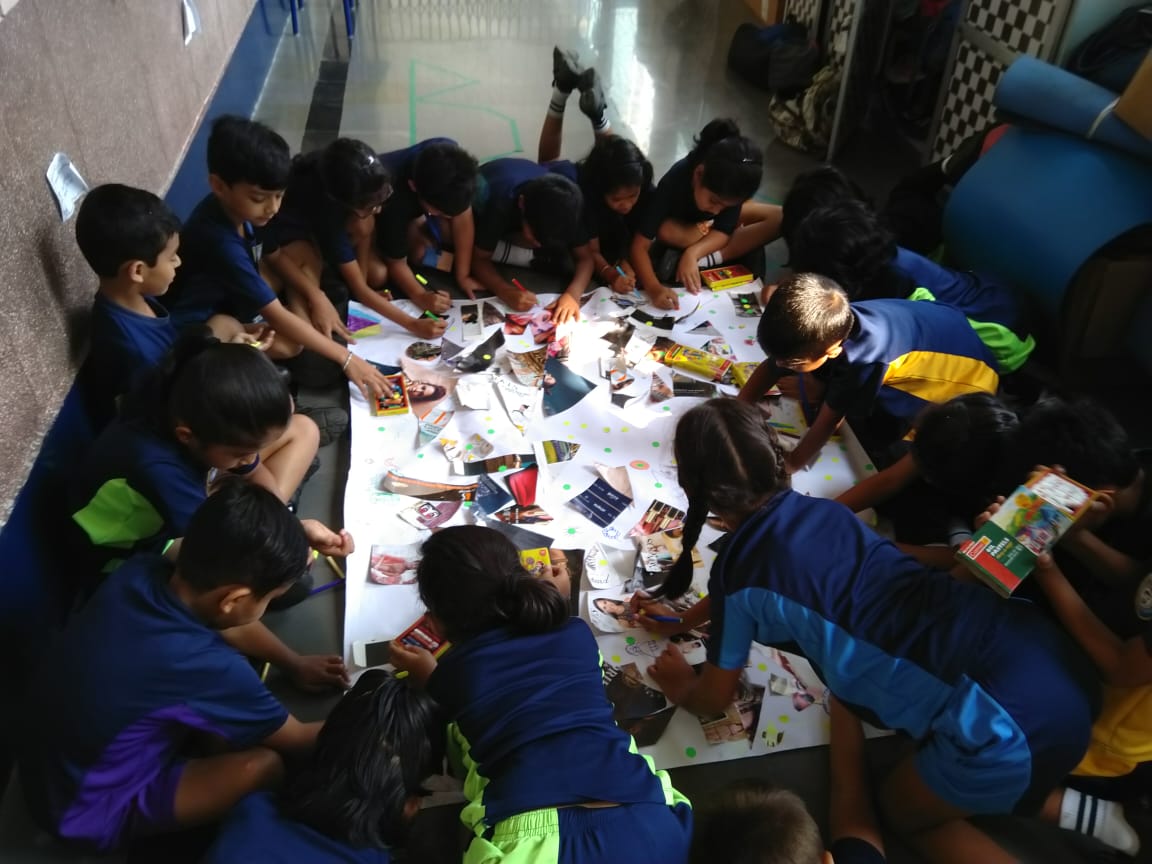
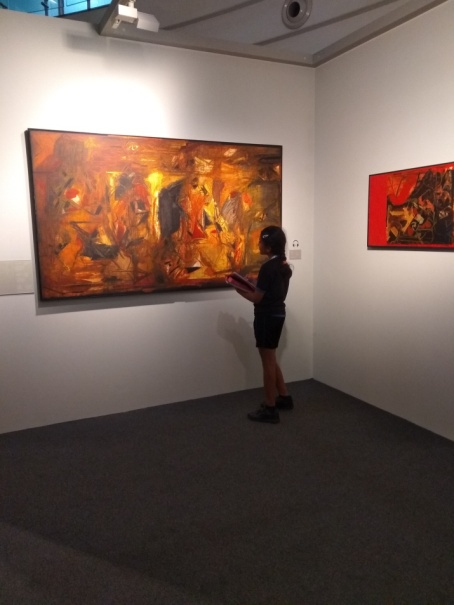
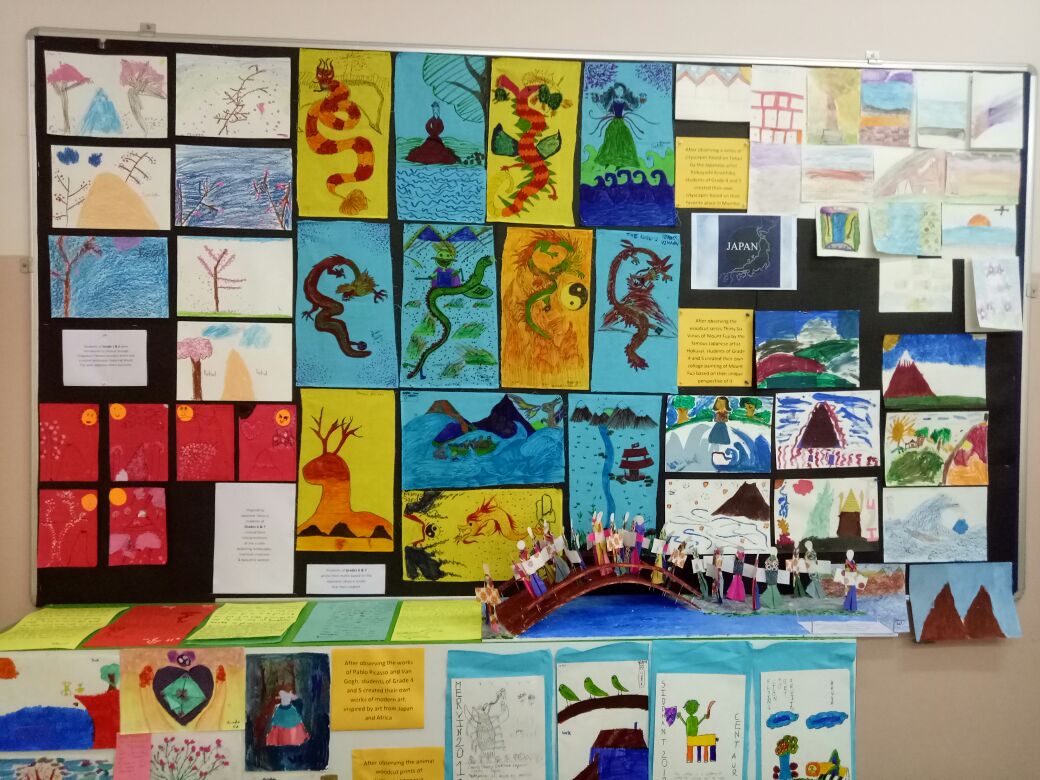

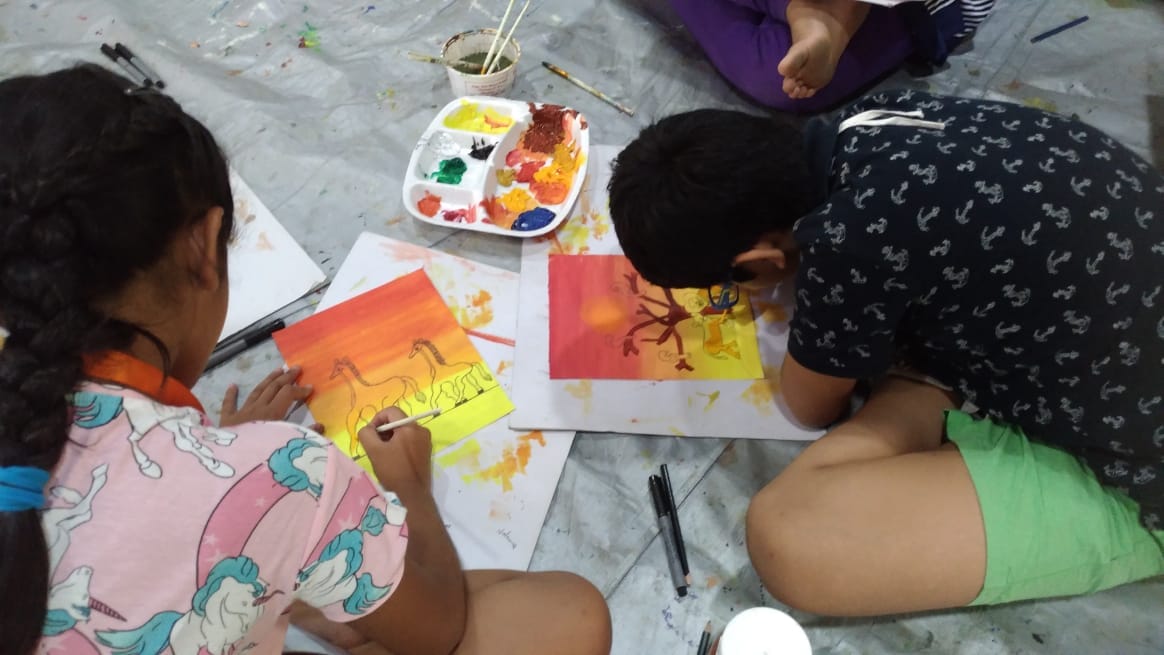
Pomegranate's Experience Theatre creates an atmosphere of trust and expression which gives participants an experience of theatre’s incredible potential.Creating short narratives, visualizing them and expressing them using the elements of performance with inspired team work forms the substance ... of this module. Students are taken through a series of theatre games and exercises to draw attention to body language, working in teams, building trust as they familiarize themselves with the use of voice, rhythm and movement. The programme culminates with an in-class performance by the students for their parents.
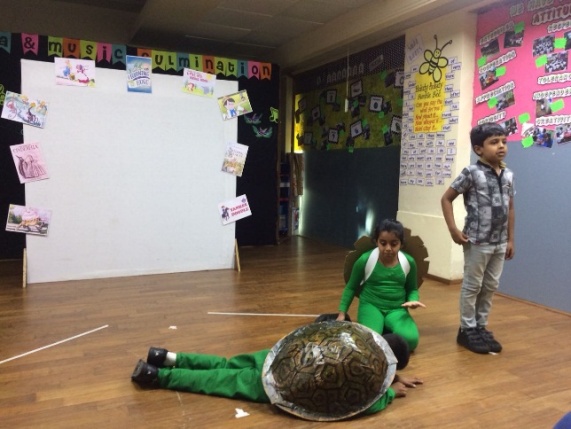
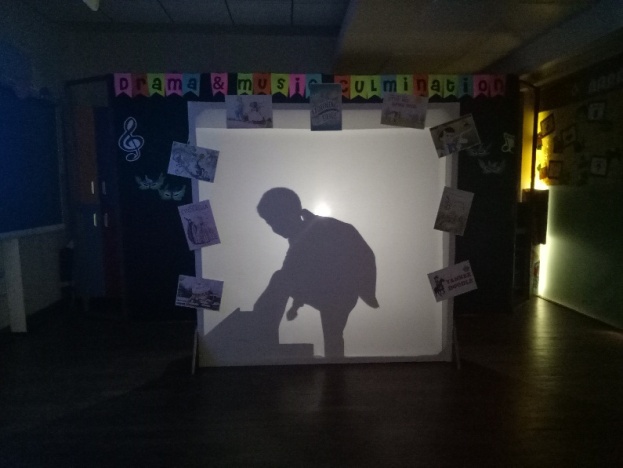
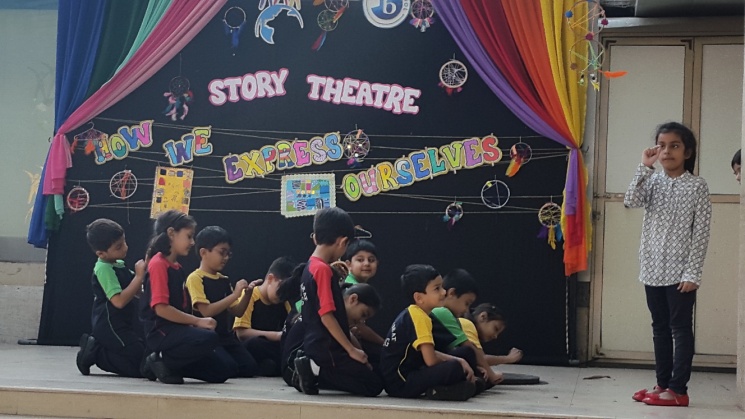
The Personal Development program creates a unique space for children to acquire essential life skills through the use of multiple arts. Life skills,in other words, ‘the abilities for adaptive and self-enriching behaviour and psychosocial skills’. These skills enable students to think ... critically and creatively, communicate effectively, build healthy relationships, empathize with others, and cope with managing their lives in a dynamic manner. Each year we work on different themes and ideas that help students form a more nuanced understanding of themselves, their peers and the world around them.

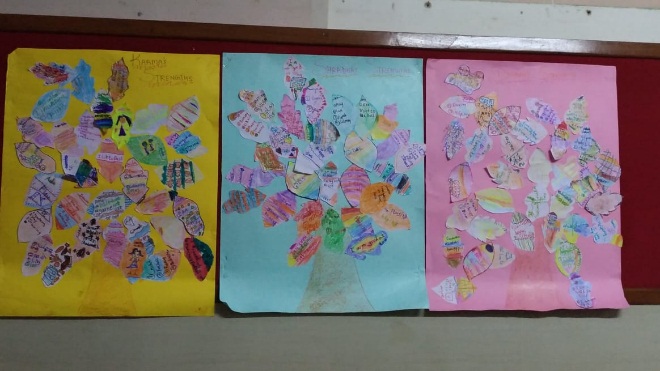
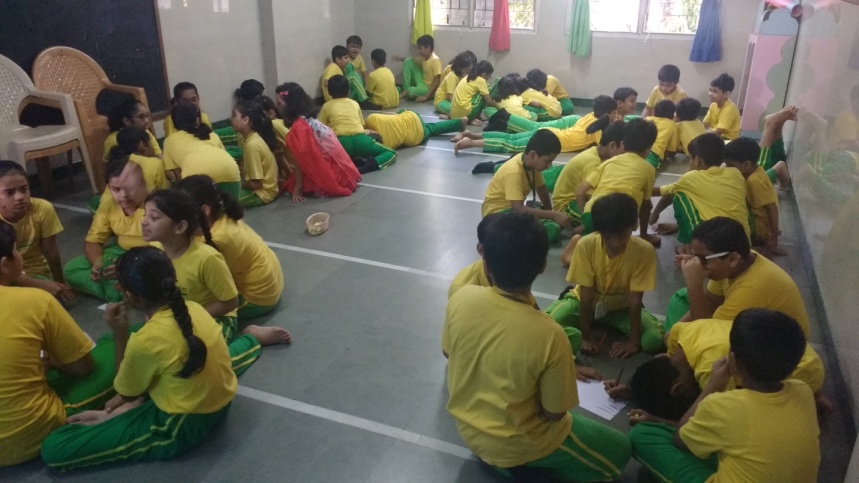
This module celebrates the use of basic science principles to kickstart creations of your own! From vibrobots to robo-cups to creatures constructed on homopolar motors, students experiment with various found materials and generate amazing ideas! They learn the basics of electronics and the concepts ...of force and friction to create movement. While they use simple and ordinary tools, the design possibilities are endless. The result is pure delight and possibly a lifetime of inventions using everyday materials!
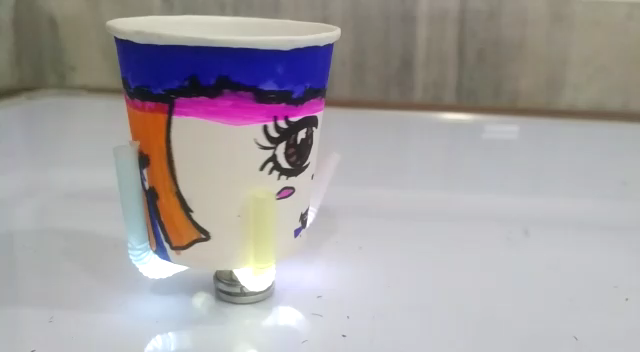

A good story comes in handy at just about any time in the learning process: when explaining a new concept, illustrating a point or reinforcing/revising lesson objectives. How does one come up with an idea, expand upon it and finally narrate it as a story that is both engaging and instructive? How does one go from a chapter on germination and pollination turn into a thrilling adventure where seeds - with names based on their characteristics - embark on an exciting 'journey' in a bird's stomach before being deposited on fertile ground? The Narrative is a powerful engine for learning, particularly amongst young children. But the Story is the product of the imagination, knowledge, language and craft - each a formidable hurdle to the new storyteller. How do you conjure characters, plots and settings, evoke scene after scene to deliver a very simple but engaging tale that could involve just about anything - plants, animals, air, water or even plain simple numbers? Themes like conservation, climate change, pollution or even subjects such as grammar, geography, science and math can be explored through stories, once you've got the hang of it
Pomegranate Story Basics is a structured program wherein teachers are eased into the process of imagining, ideating, creating and writing their own stories. The workshop introduces teachers to different kinds of stories using a genre-based approach; and provides them with the tools to write stories of their own on a variety of subjects. Through the course of the workshop the teachers unearth the ingredients that make for delectable stories, understand the fundamentals of plot, character, setting and analyze basic story structures before finally learning to how to combine story with subject in their own assignments.
Shishuvan School, Matunga, is known to nurture both, its students and its teachers. Among the teachers here the enthusiasm and openness to acquiring new teaching skills was palpable as they participated in the storymaking process, pitching in with ideas and experience to make the program a resounding success.
The Shishuvan teachers were led through a number of activities and exercises to warm up their imagination and fire up their ideas: they read and analysed noteworthy authors such as Roald Dahl, Dr. Seuss and Rudyard Kipling, and examined stories from Aesop's Fables, The Panchatantra, The Just-So Stories amongst others. They also experimented with Poetry and read poems by noteworthy poets such as Ogden Nash and Roger McGough They composed their own Myths, Fables, Adventure Stories and Poems. Their final assignment was to form teams and assemble their own lessons on a topic of their choice - using narratives, songs, props and anything else they could think of to make the lesson a memorable experience.